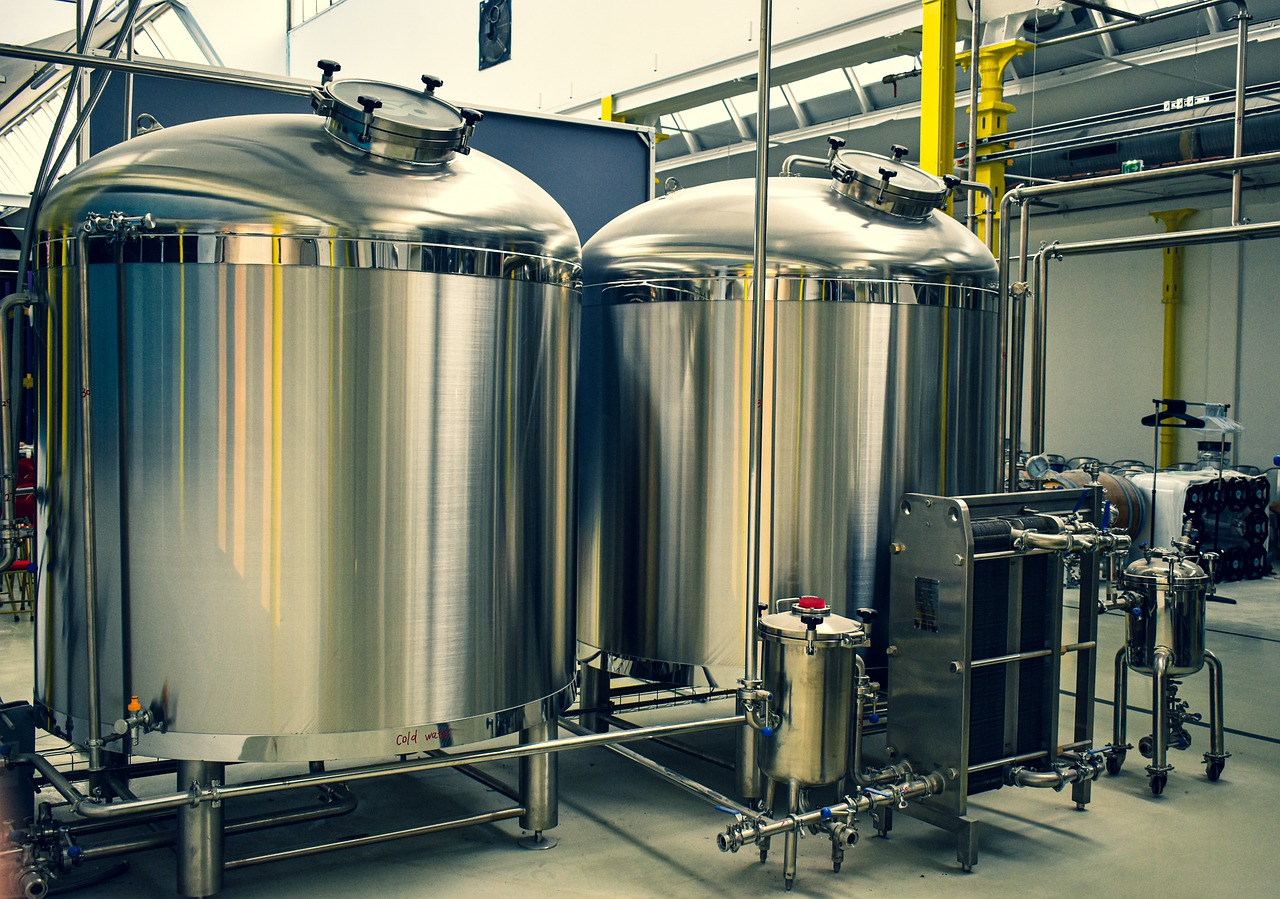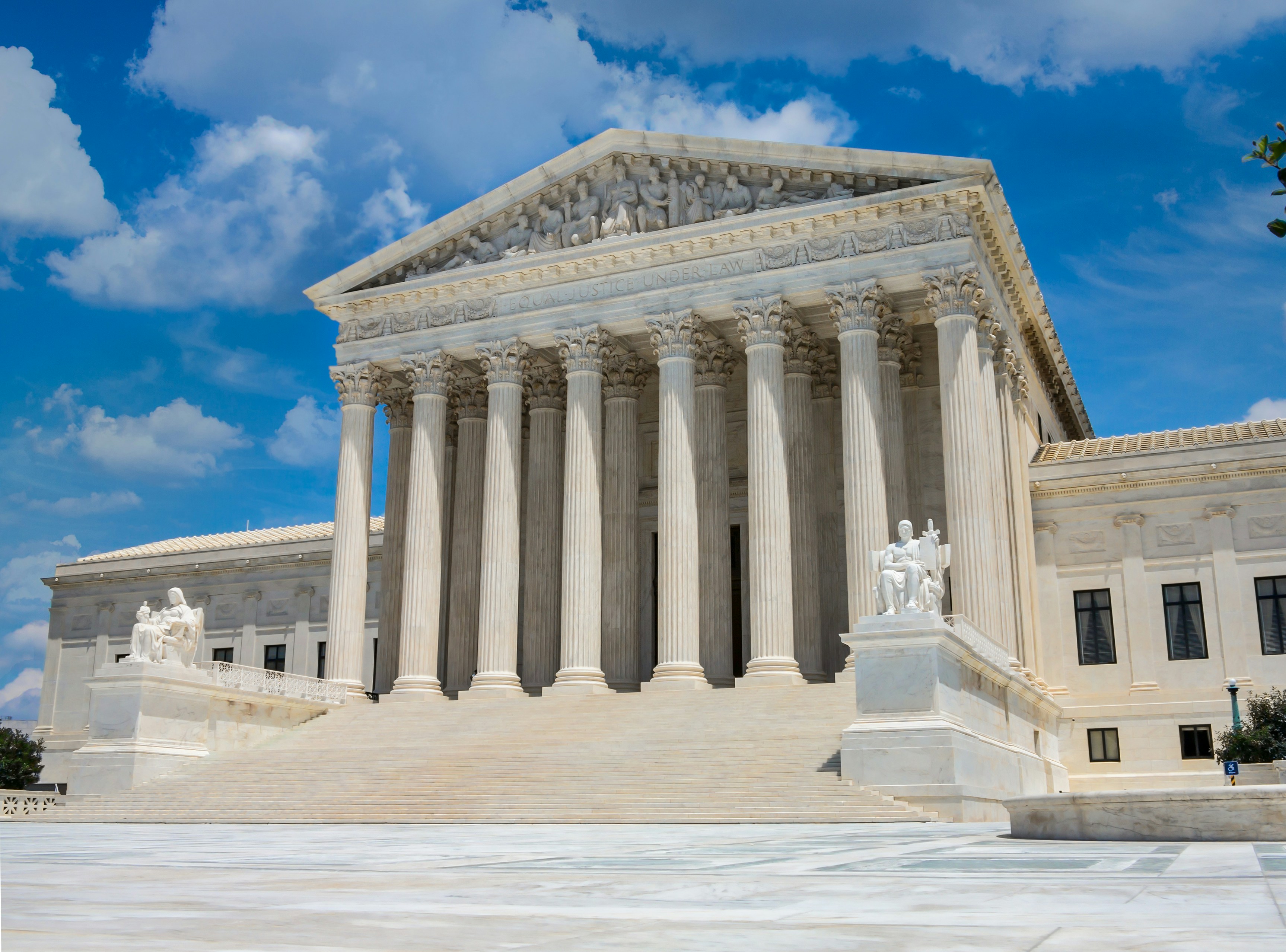In a piece published in Wine Business recently, we looked back on the Granholm v. Heald (“Granholm”) 2005 United States Supreme Court decision and how it paved the way for today’s opportunities for wineries shipping directly to consumers (DTC).
Looking toward the future, we opined that the effects of the COVID-19 crisis combined with the impact of last year’s Tennessee Wine and Spirits Retailers Assn. v Thomas (“Tennessee Wine”) Supreme Court decision could lead to a new wave of DTC provisions for distilleries, breweries, retailers, and even wholesalers. New York State’s new bill to create a DTC license system for distilleries is a great illustration of this.
[This article first appeared on the Avalara blog: https://www.avalara.com/us/en/blog.html.]
The current allowable DTC rules for distilleries (8 states), breweries (10 states), and retailers (16 states) are substantially different than those for wineries (46) states. Whereas wineries can ship directly to 97% of the U.S. population, distilleries at 12%, breweries at 18%, and retailers at 29% face a much different picture. Illinois, New York, and Texas, all states with large metropolitan areas that are important to DTC sellers, are allowable for wineries but not for other seller types. Adding New York to the list would be a big, and symbolic, win for distilleries.
New York State Assembly Bill A10448 would authorize direct intrastate and interstate shipment of liquor. Very similar to the existing rules for wineries, A10448 creates a new DTC license for distilleries and farm distilleries that allows direct shipments to consumers via common carrier. Distilleries would be able to ship up to 36 cases per year to New York residents for personal use — not for resale. Excise taxes and sales taxes would be due on any shipments made, and age verification requirements would be applied to both the distillery and the common carriers.
Justification for A10448 cites the outbreak of COVID-19 and the resulting exposure of weaknesses in critical supply chains. The craft spirits sector “has been hit incredibly hard economically.” It then summarizes the multiple benefits of allowing DTC shipments from spirits producers:
Providing for direct to consumer sales for craft spirit producers would simultaneously solve many timely and compelling issues: by minimizing person to person contact and exercising social distancing, it maximizes the public health and safety benefit; by allowing producers to exercise their right to sell to consumers without an in-person visit we can stimulate the economic recovery within the craft spirits sector; by utilizing third party fulfillment companies we increase economic activity in the broader economy and ensure age verification and control; and direct to consumer sales outside of New York State will allow smaller brands to reach consumers organically and help to grow their brands.
=========
Jeff Carroll is General Manager for Avalara for Beverage Alcohol. He was formerly Product Management Director and prior to Avalara, he served as Chief Product Officer at Compli, overseeing the development of software solutions and marketing strategy. Jeff regularly speaks about and advises customers on beverage alcohol compliance issues, particularly in the areas of direct shipping and sales tax.
Thanks for reading CPA Practice Advisor!
Subscribe Already registered? Log In
Need more information? Read the FAQs
Tags: Benefits




